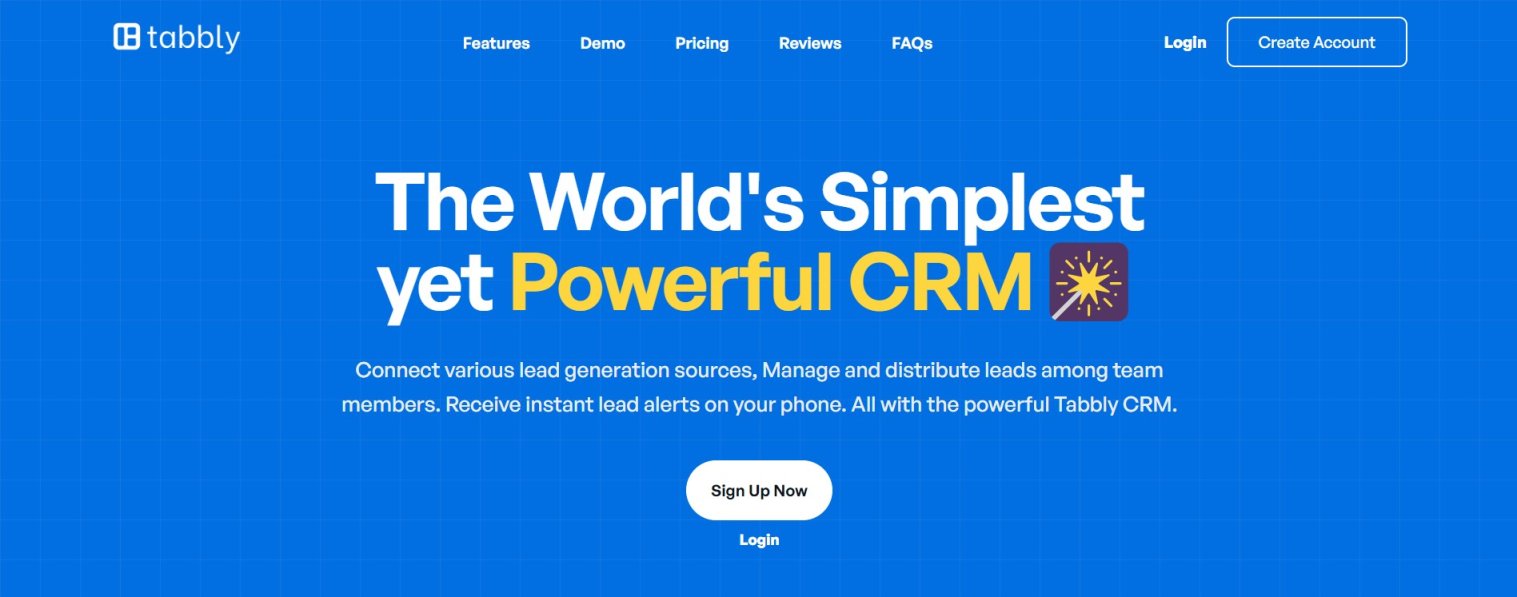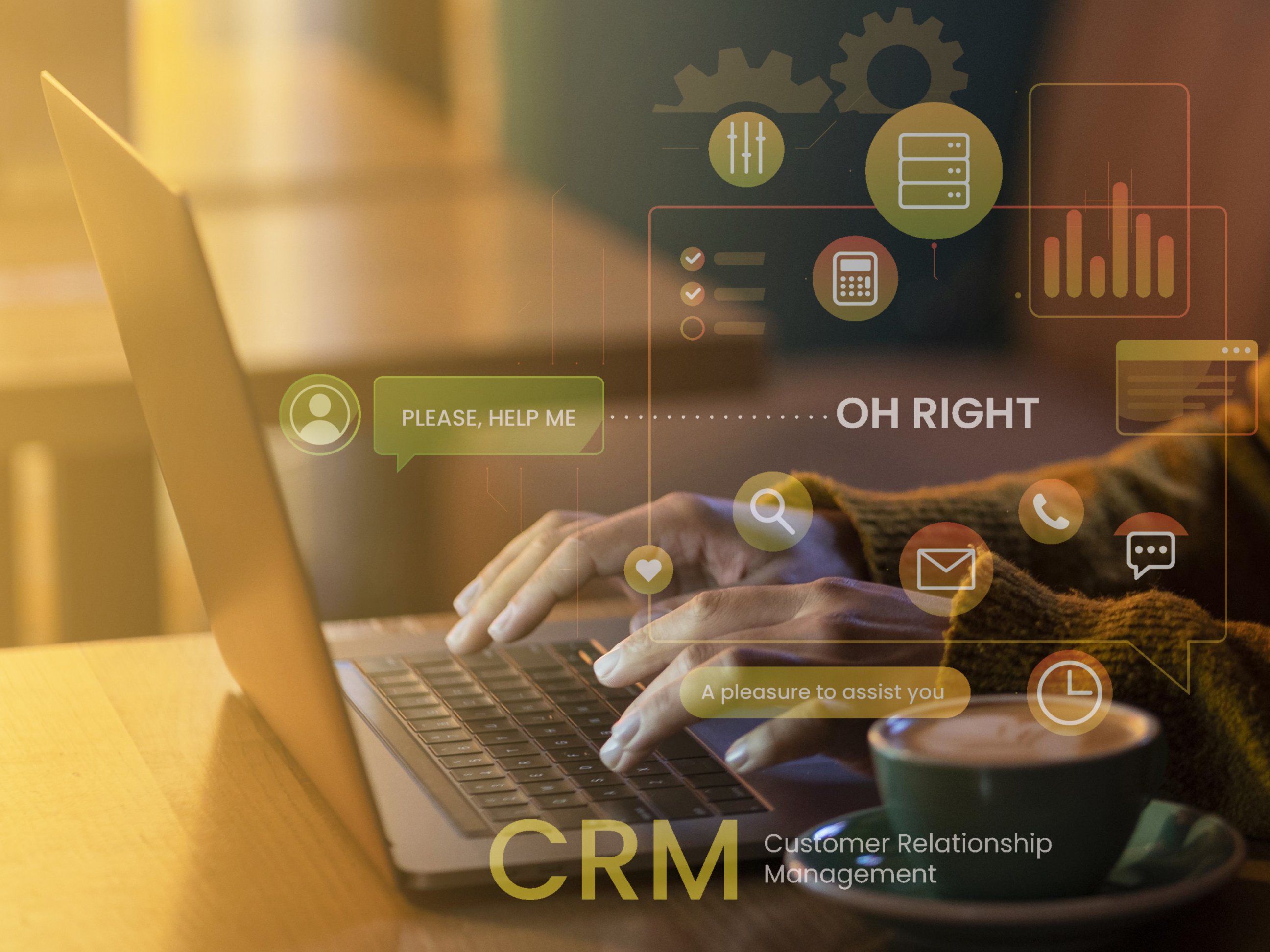A good Real Estate CRM is required for the management of all clients, lead creation, and sales, especially in successful real estate businesses. A Real Estate Business CRM will streamline processes, such as property management, interaction tracking, and completion of repetitive tasks. In this article, we guide you on the best steps of selecting the Best CRM for Real Estate Agents and finding the most suitable Real Estate CRM Software to suit your specific needs.
Impact of CRM in Real Estate: Statistics
The following statistics illustrate the impact of a Real Estate CRM System:
29% increase in sales expected due to a CRM System.
The sales organization delivers 34% better productivity through the system.
42% accurate sales forecasting through CRM System.
These statistics show transformative powers of CRM systems in the real estate sector.
Step 1: Know What You Need in Your Business
Analyze your business needs before choosing Real Estate CRM. Ask yourself what issues you are facing regarding running relationships with clients
You'll get clearer answers to these questions and, therefore, make a most suitable selection of Real Estate CRM Software.
Step 2: Key CRM Features for Real Estate
Of course, the Best CRM for Real Estate Agents would have these functionalities on it:
Also, mobile access to work on the go. Real estate does require this on-the-job functioning.
By choosing a Real Estate CRM System that has these features, you can be assured your business will continue to organize itself and process all dealings efficiently.
Step 3: Scalability and Integration
A CRM for real estate should be able to grow with your business. Make sure that the system you choose should be able to accommodate your increased listings and customers as your business grows. Also, look for integration with tools such as email platforms, accounting software, and Property Management Systems.
Step 4: Measure Ease of Use and User Experience
The quality of the CRM is only as good as your teams' ability to implement it. When choosing a Real Estate Business CRM, you will want to ensure it covers the following:
Insightful yet user-friendly interfaces.
Personalizable dashboards.
More comprehensive onboarding and training resources.
Step 5: Evaluate Availability on Mobile
As much work as gets done in real estate is done on the go, so is having a reliable Real Estate CRM Software which can stand up to being accessed on the go. Look for features like:
A fully functional mobile app.
Off-line access to customer and property information.
Mobile feature tracking and update of records.
65 percent of those sales reps who implemented mobile CRM attained their quotas, while only 22 percent of the representatives who used non-mobile CRM attained their quota, as reported by Innoppl Technologies.
Step 6: Find Customization Options
Each real estate firm is different. Choose a Real Estate CRM System that allows you to:
Customize fields and workflows
Design reports and analytics based on your requirements
Have customizable features and know your CRM will shape to your business model.
Step 7: Data Security and Compliance
For any real estate agent, there is an immense need to keep confidential information about clients safe. Choose a Real Estate CRM that is compliant with data protection laws, employs encryption, and offers data backup as well as recovery.
Step 8: Determine Available Support and Training
Change is hard to stick to once you are leaving behind an old CRM system. Some applications may feature:
Onboarding and training programs.
Technical support after implementation.
Self-service tools like knowledge base and community forums.
Step 9: Review Pricing Models
CRM pricing is also very different from one another. Decide whether you want to pay monthly or yearly, and whether the vendor will charge on a per-user or fixed price plan. Additionally, see if the vendor charges more for premium features layered on top.
Step 10: Get Demos and Free Trials
At times, evaluating your narrowed list of Real Estate CRM Software with:
Live demos to experience the system
According to a G2 survey, 61% of software buyers find that product demos and free trials are the most useful resources when making a purchase decision.
Conclusion: Empower Your Real Estate Business with the Right CRM
Choosing the right real estate CRM will undoubtedly affect your business success. With this guide, combined with your business needs and requirements, key features, scalability, and user experience, you can make a choice that fits a Real Estate CRM System that will grow as your company does. From lead generation to sales conversion, best CRM for you will automatically streamline your operations and boost your business.
Need a super easy CRM? Find yours in Tabbly Real Estate CRM - simplicity and power all in one. A robust CRM like Tabbly can easily be added on to your workflow, which will then allow your business to track your leads in real-time, manage all communications with your clients and enhance productivity-all on a user-friendly Mobile CRM platform.
Frequently Asked Questions
1. Why should a real estate business care about the CRM industry?
A real estate business CRM will allow you to monitor lots of relationships with clients. This would ensure that all listings of property could be streamlined and routine tasks can be automated. In addition, lead generation and follow-ups with your clients are enhanced while conversion rates for the sales process are heightened.
2. Which are the main features I should look for while in choosing a CRM?
Check for some functional features, which include contact management, property listing tools, email marketing, analytics, and mobile accessibility. Ideally, check the integration support for any other tools, such as Property Management Systems.
3. How would mobile CRM help real estate professionals?
A mobile CRM would thus greatly assist real estate professionals by providing them access to key client and property information, which they may update and track in real-time-even offline-leading to better responsiveness with, consequentially, a higher closing rate.









